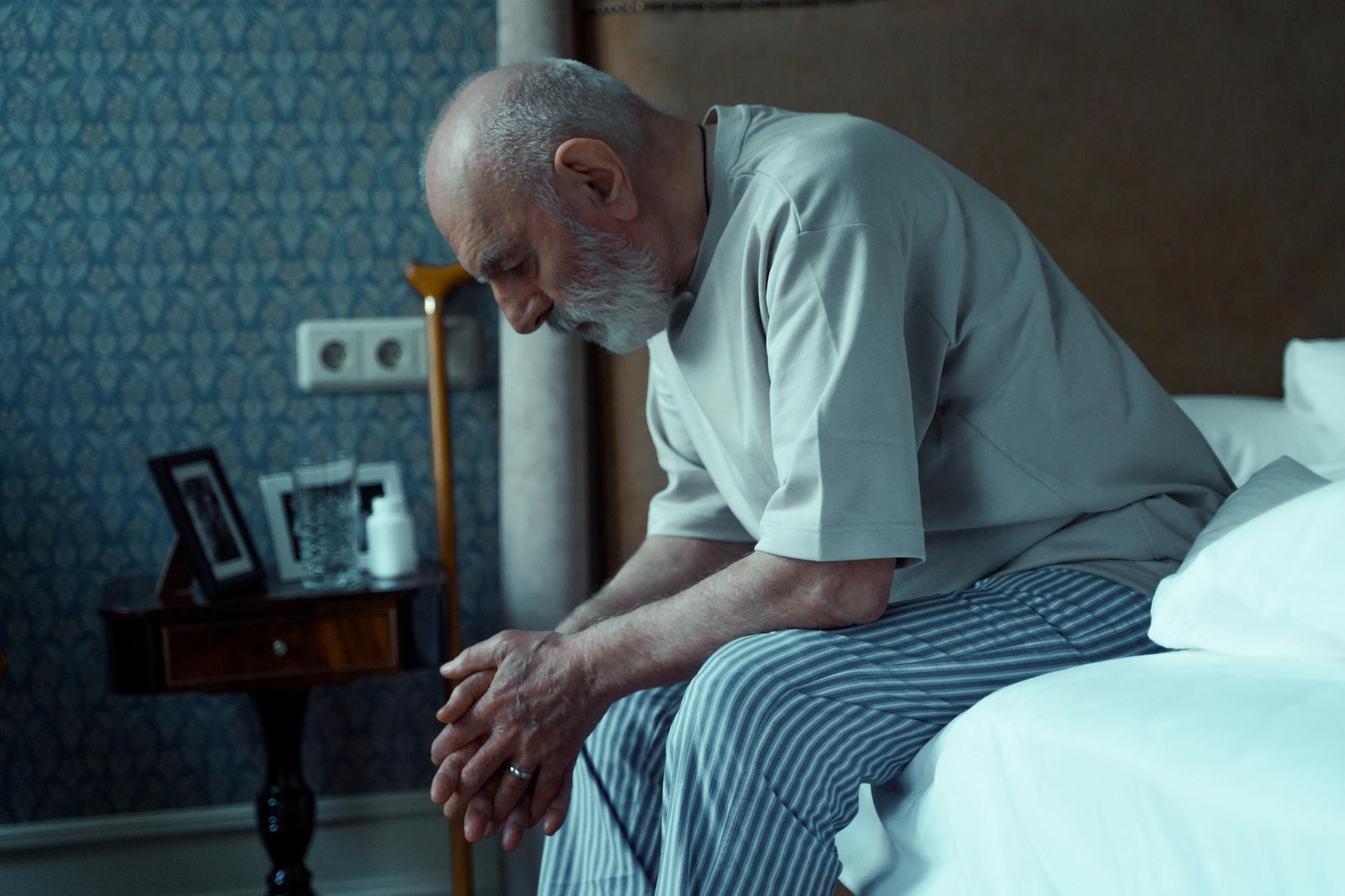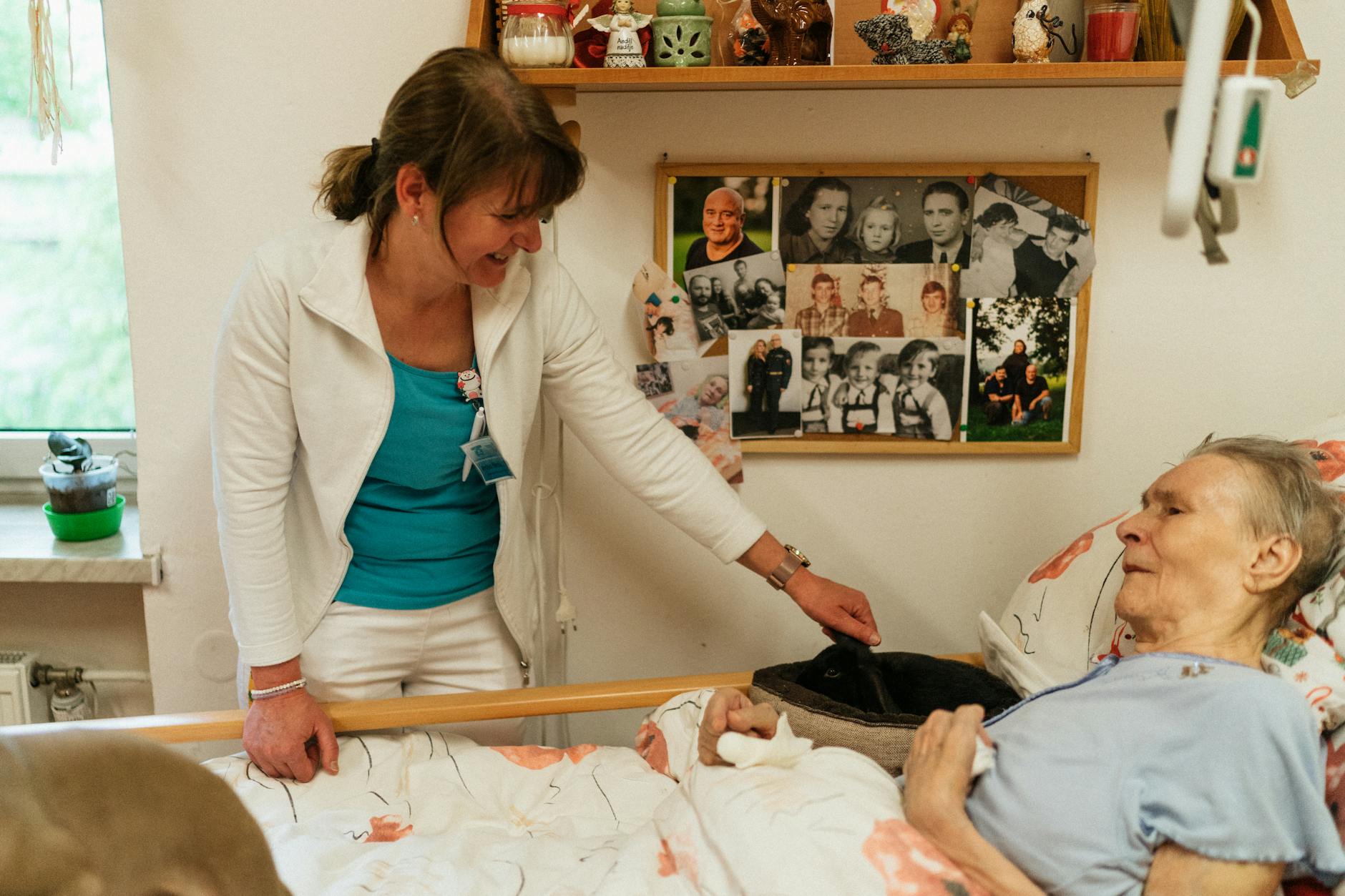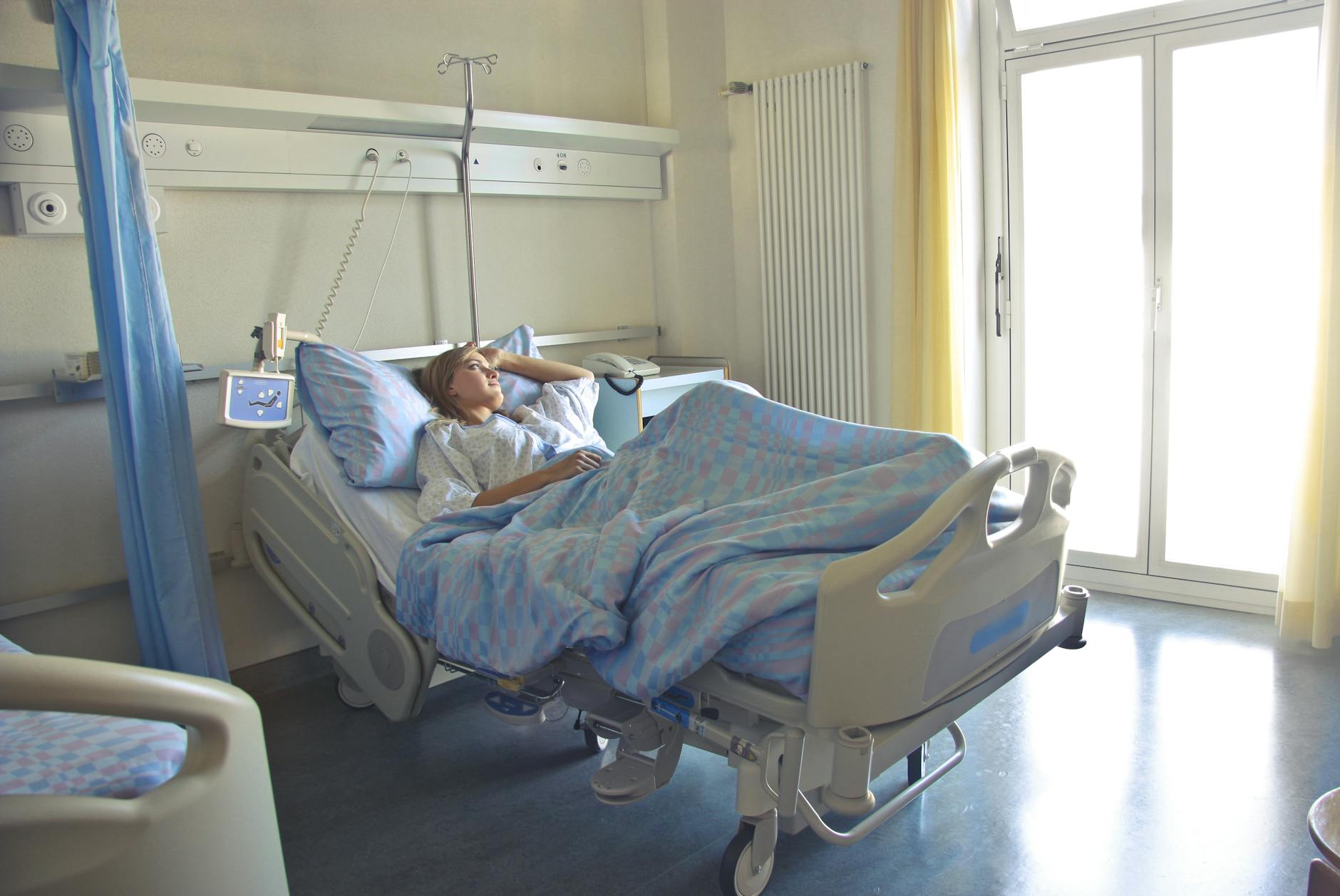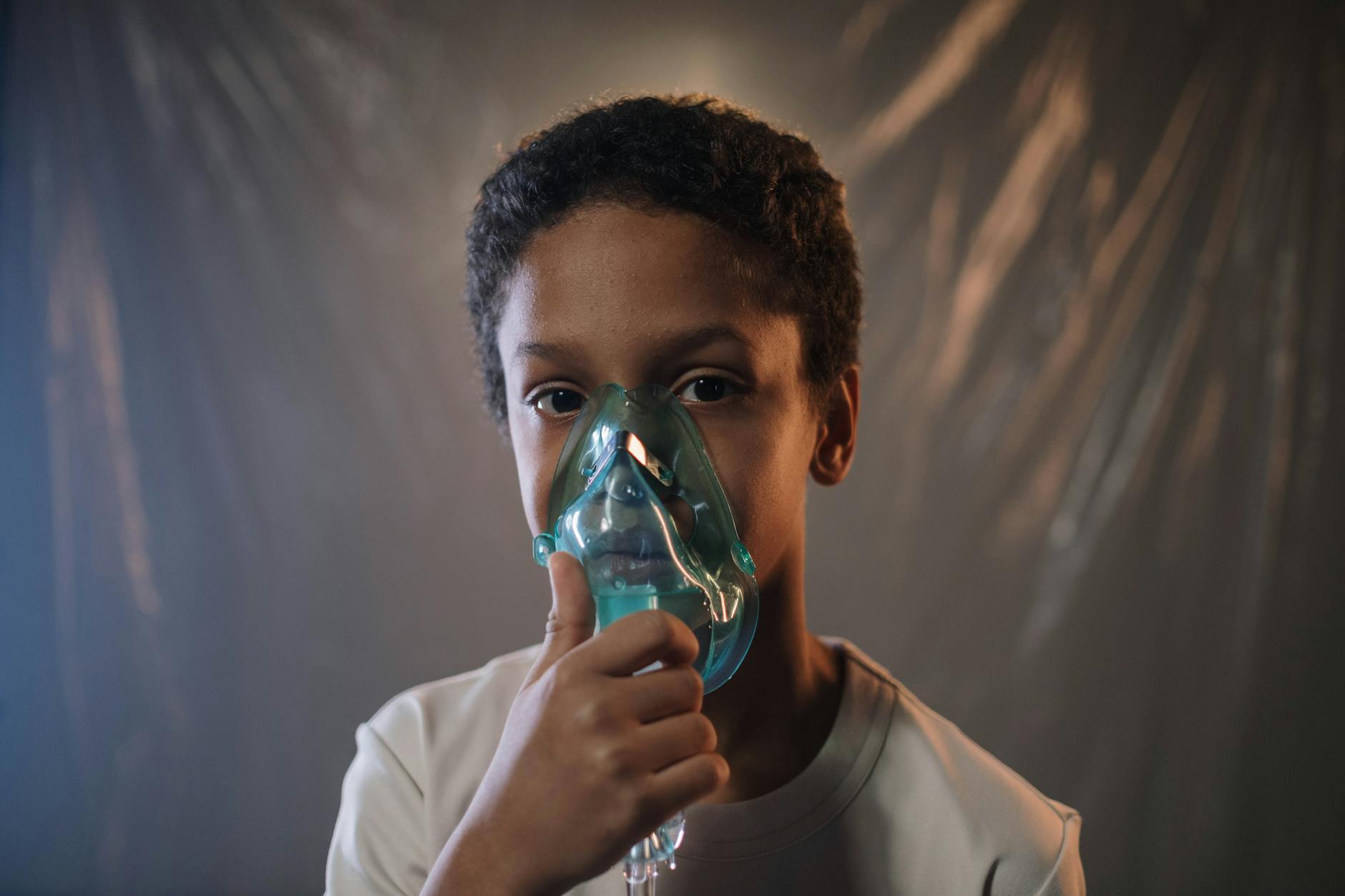For many seniors and their caregivers, navigating the complexities of healthcare options is a pressing concern. One of the most crucial yet often misunderstood aspects involves understanding palliative care and hospice services under Medicare. We’ll shed light on what Medicare covers and what it does not, providing clarity for those dealing with serious illnesses.
Disclaimer: This is an informative post. Please contact us for further assistance, or Medicare.gov at 1-800-MEDICARE (1-800-633-4227) for more questions.

What Does Medicare Cover for Palliative Care and Hospice Services?
Palliative care focuses on improving the quality of life for patients with serious illnesses by addressing their physical, emotional, and psychological needs. It is a comprehensive approach that can be provided alongside curative treatments, offering support from the moment of diagnosis.
Unlike hospice care, palliative care is not limited to those who are terminally ill – it can benefit patients at any stage of their illness. Medicare typically covers the following palliative care services:
Doctor and Nurse Visits
Regular consultations with healthcare professionals are essential to manage pain, symptoms, and side effects of treatments. These visits also provide an opportunity to discuss treatment options, adjust care plans, and address the patient’s and family’s concerns.
Medical Equipment
Essential items such as wheelchairs, hospital beds, and oxygen equipment are provided to help manage symptoms and improve mobility and comfort at home. This equipment fits the individual needs of the patient to ensure maximum benefit.
Prescription Drugs
Medications play a vital role in alleviating pain and other distressing symptoms such as nausea, shortness of breath, and anxiety. These drugs are prescribed and monitored to ensure effective symptom control with minimal side effects.
Physical and Occupational Therapy
These services are crucial for helping patients maintain or improve their ability to perform daily activities. Physical therapy focuses on strength, mobility, and endurance, while occupational therapy helps patients adapt their living environments and routines to their current abilities.
Counseling Services
Emotional and psychological support is provided to both patients and their family members. This can include one-on-one counseling, support groups, and therapies aimed at coping with the emotional burden of serious illness. Family counseling helps relatives understand and manage the challenges of caregiving.
Medicare Part B generally covers palliative care services, ensuring patients have access to the comprehensive care they need. To utilize these benefits, patients will need to meet the Part B deductible and typically pay 20% of the Medicare-approved amount for services. This coverage helps alleviate the financial burden, allowing patients to focus on their well-being and quality of life.
Hospice Care
Hospice care is for patients who are terminally ill, typically with a life expectancy of six months or less. It focuses on providing compassionate care that enhances the quality of life for both the patient and their family during this challenging time. Medicare provides comprehensive coverage for hospice care through Medicare Part A, ensuring that patients receive the necessary support and services. Coverage includes:
- Nursing Services: Skilled nursing care to manage symptoms, provide comfort, and help with medical needs, including routine check-ups and 24/7 on-call support.
- Medication: Drugs required for pain relief and symptom management, including those needed to control distressing symptoms such as nausea, anxiety, and respiratory issues.
- Support Services: Social work services to assist with emotional and practical issues, spiritual care to address existential or religious concerns, and grief counseling for the patient and their family to help them cope with the emotional aspects of the illness.
- Home Health Aides: Assistants who help with personal care tasks like bathing, dressing, and eating, ensuring patients maintain their dignity and comfort.
- Medical Supplies and Equipment: Items such as bandages, catheters, and medical equipment like hospital beds, oxygen machines, and mobility aids to facilitate home care.
- Physical and Speech Therapy: Services to help manage symptoms, maintain as much functionality as possible, and assist with swallowing and communication issues.
The goal of hospice care is to provide comfort and support, focusing on quality of life rather than curative treatments. This approach allows patients to spend their remaining time in a supportive environment, surrounded by their loved ones, with their physical, emotional, and spiritual needs met.

What Medicare Will Not Cover
While Medicare covers a wide range of services for palliative care and hospice services under Medicare, there are certain limitations to be aware of. Understanding these exclusions can help patients and their families make informed decisions about their care and manage expectations effectively.
Palliative Care Exclusions
- Experimental Treatments: Medicare usually does not cover experimental treatments or clinical trials. This means that innovative therapies not yet approved by regulatory agencies or still under investigation will likely need funding out-of-pocket or through alternative means.
- Long-Term Care: Services such as custodial care in a nursing home or long-term facility are generally not covered. This includes assistance with daily activities like bathing, dressing, and eating – non-medical support and falls outside Medicare’s scope.
- Non-Medical Support: Services like meal delivery, housekeeping, and transportation do not typically include from the plans. These services, although vital for quality of life, are like ancillary and not directly related to medical treatment.
Hospice Care Exclusions
- Curative Treatment: Once a patient opts for hospice care, Medicare will not cover treatments aimed at curing the illness. The focus shifts to palliative care to manage symptoms and provide comfort. This means that chemotherapy, radiation, or other aggressive treatments intended to eliminate the disease will no longer at cut by Medicare.
- Room and Board: If the patient is in a hospice facility, Medicare does not cover the cost of room and board. The expenses associated with staying in a hospice facility, including the cost of accommodation and meals, will get through other sources, such as private insurance or personal funds.
- Emergency Care: Medicare does not cover emergency room visits, inpatient hospital stays, or ambulance transportation unless arranged by the hospice team or unrelated to the terminal illness. This exception ensures that emergency care is only utilized for situations outside the scope of the terminal condition.
Understanding these exclusions is crucial for planning and ensuring that the focus remains on providing the best possible comfort and quality of life during palliative and hospice care.
Know what’s covered or not
Understanding palliative care and hospice services under Medicare can significantly ease the burden for seniors and their caregivers. By knowing what is covered and what is not, families can make decisions about the care options available to them. While palliative care aims to improve the quality of life for seriously ill patients, hospice care provides comprehensive support for those nearing the end of life. Both services play vital roles in ensuring that patients receive the care and comfort they need during challenging times.
For more detailed information and personalized advice, consider scheduling a consultation with a healthcare advisor who specializes in Medicare services. Your peace of mind and well-being are worth it.














